That information was given at the national scientific conference "Investment resources for university education in the context of autonomy" jointly organized by the Association of Vietnamese Universities and Colleges at Can Tho University on May 12.
Attending the workshop were Deputy Minister of Education and Training Hoang Minh Son; many managers, researchers, education experts, lecturers from institutes, colleges and universities nationwide.
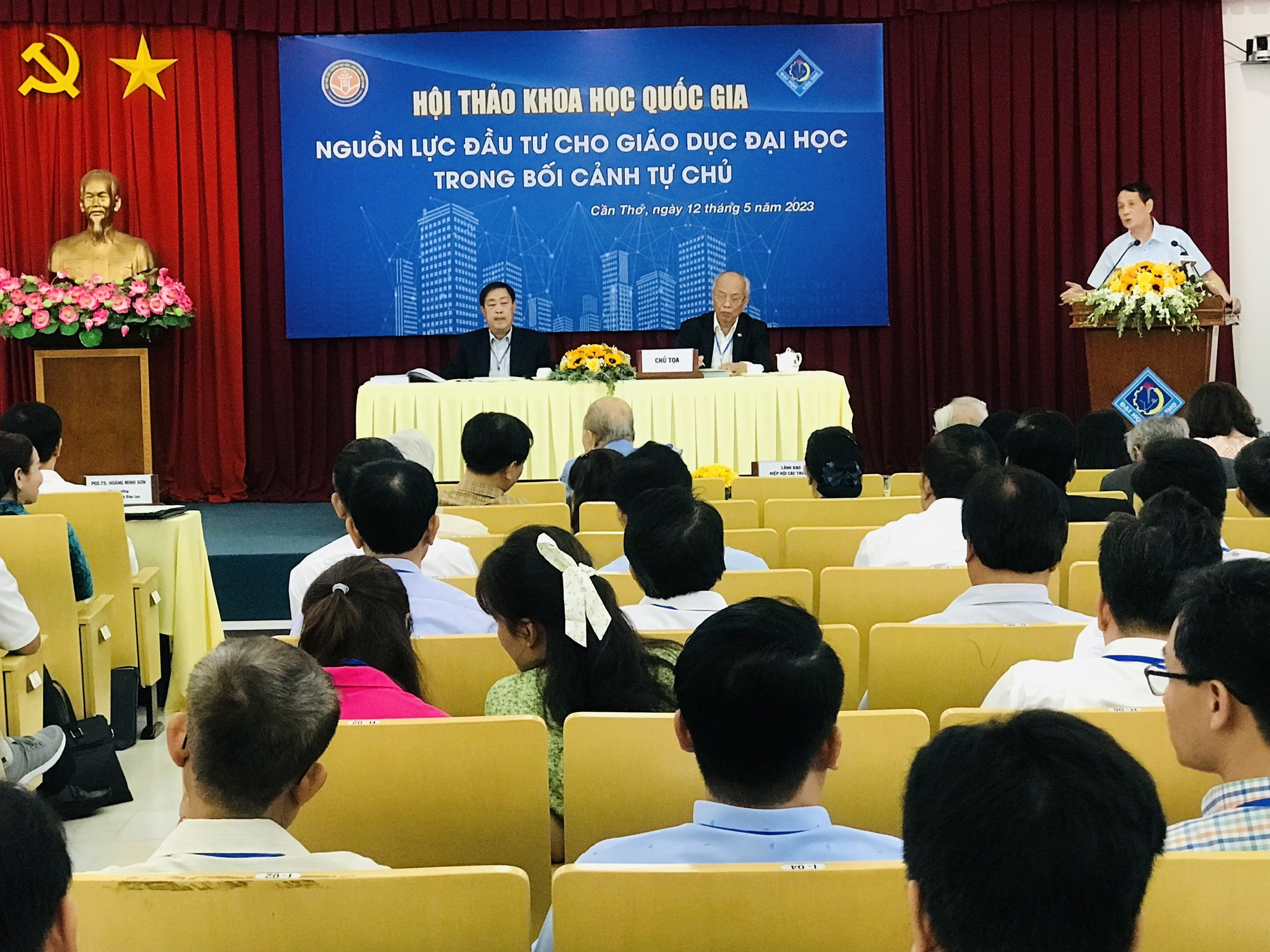
Conference scene
Difficulties of university autonomy
Speaking at the workshop, Deputy Minister of Education and Training Hoang Minh Son said that university education plays a very important role in the country's development because it provides high-quality human resources and creates many top-notch scientific and technological products for society.
Vietnam's higher education aims to have 260 students per 10,000 people by 2030 and be among the 10 countries with advanced education in Asia. It is essential to increase the scale and structure of high-quality human resources that higher education must have appropriate investment in people, ideas, technology, finance, etc. In which, financial resources are identified as key but are currently the biggest "bottleneck" of colleges and universities in the context of autonomy.
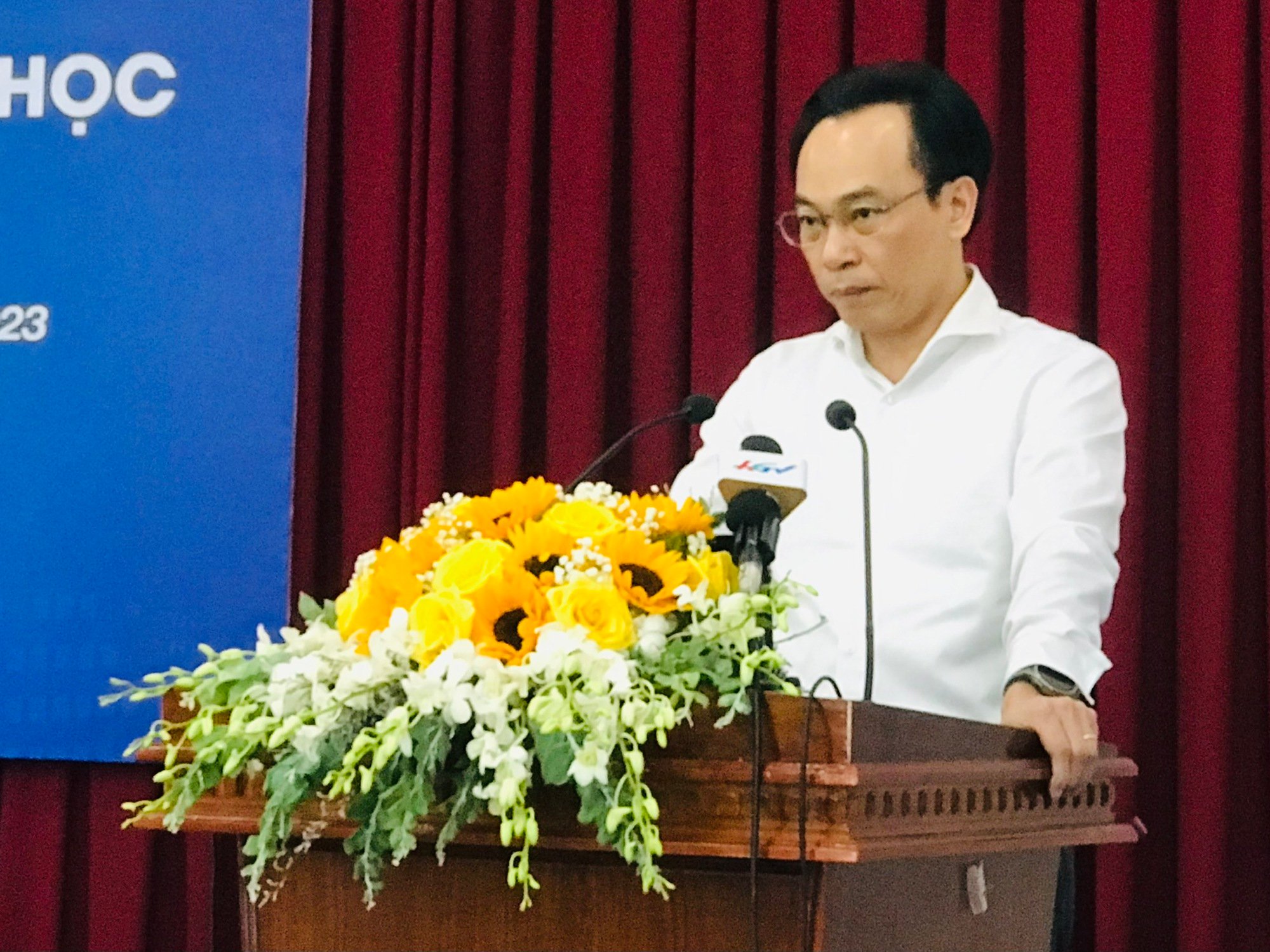
Deputy Minister of Education and Training Hoang Minh Son speaks at the conference
Mr. Son said that the issue of unlocking and promoting resources for university education is of great concern to the Ministry of Education and Training. This workshop is an opportunity for the Ministry of Education and Training to listen to the opinions of colleges and universities nationwide. On that basis, the Ministry of Education and Training proposes solutions to Party and State leaders at all levels to find motivation to help university education develop.
The conference received more than 100 scientific presentations. The presentations focused on issues such as: difficulties and advantages of autonomous university education; mechanisms and policies that need to be improved, legal corridors to facilitate investment in resources for university education; the role of the State in human resources, ideas, technology, finance; autonomy of university education; development of non-public university education in the service market; international cooperation in university education, etc.
'Bottlenecks' that need to be removed
According to Mr. Nguyen Dinh Hao, Vice President of the Association of Vietnamese Universities and Colleges, the legal framework for autonomous university education is not only contained in the Law on University Education but also directly regulated in other related laws (such as the Law on Civil Servants and Public Employees, the Law on Public Investment, the Law on Budget, the Law on Public Asset Management, etc.), leading to overlaps and difficulties for universities implementing autonomy.
This affects the rights and autonomy of schools, especially in the financial sector, such as: joint venture activities, using rented facilities, expanding public service provision, deciding on tuition fees, managing and keeping surplus funds, borrowing money, owning real estate, etc. These are shortcomings that need timely solutions.
Mr. Le Khanh Tuan, Saigon University, commented: "The government provides budget support to schools based on their ability, not on the criteria of covering training costs. Tuition fees are calculated based on the living standards of students and by region, which makes many universities struggle to ensure training quality. The difficulties are even greater for schools in localities with underdeveloped socio-economic conditions."
Therefore, Mr. Tuan proposed that the State support the budget for universities according to the number of students (determined according to the prescribed enrollment quota), regardless of whether the supported person is studying at a public or non-public school.
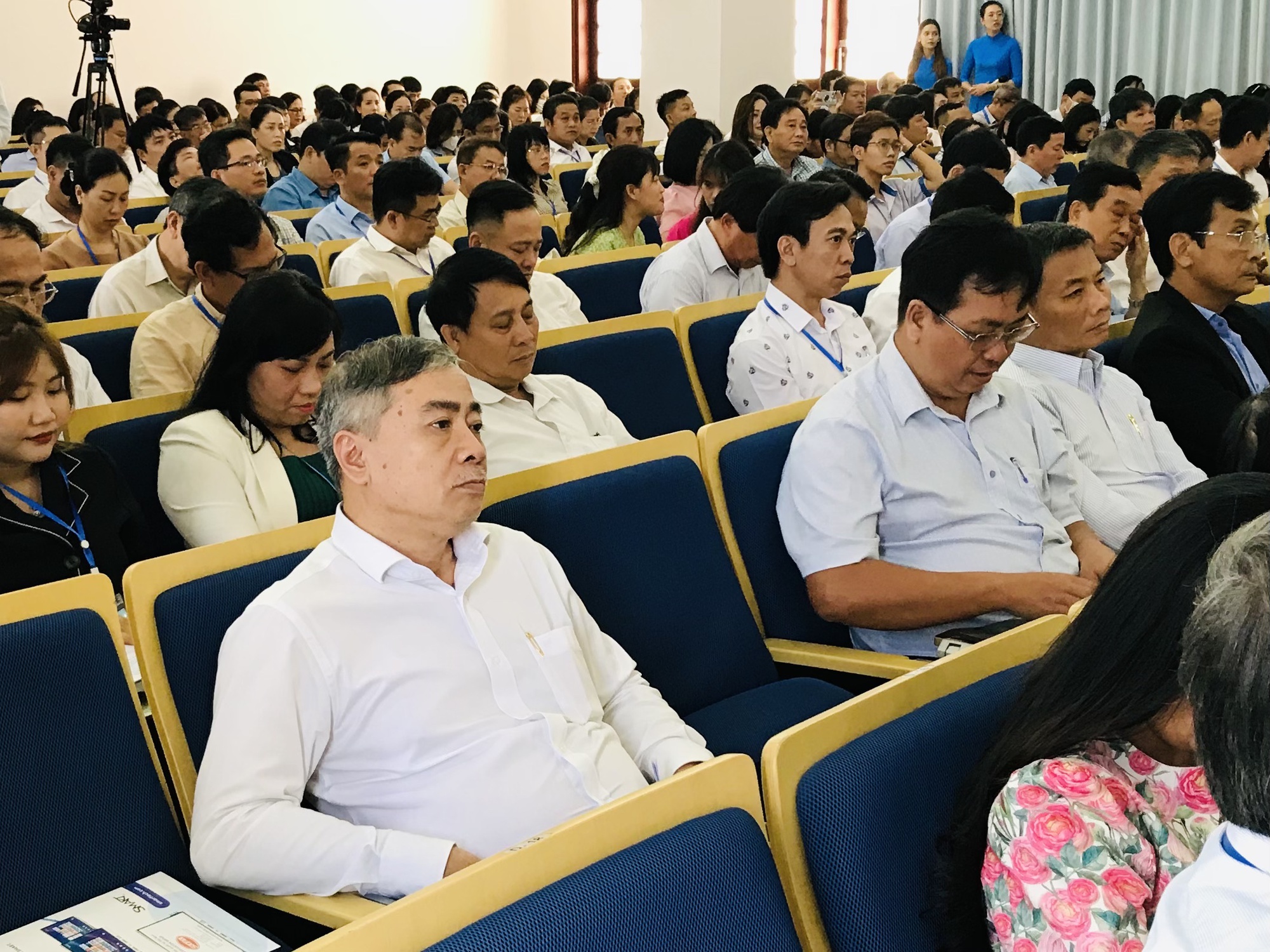
Delegates attending the workshop
Deputy Minister of Education and Training Hoang Minh Son said that investing in university education is also investing in the country's future development. What university education needs to do in the coming time is to increase access to resources, expand scale, and improve training quality. According to the Deputy Minister of Education and Training, the demand for university education is growing but the State's support resources are limited. Therefore, university education needs to clearly identify priority areas and change the structure of occupations to suit the practical needs of society.
Source link


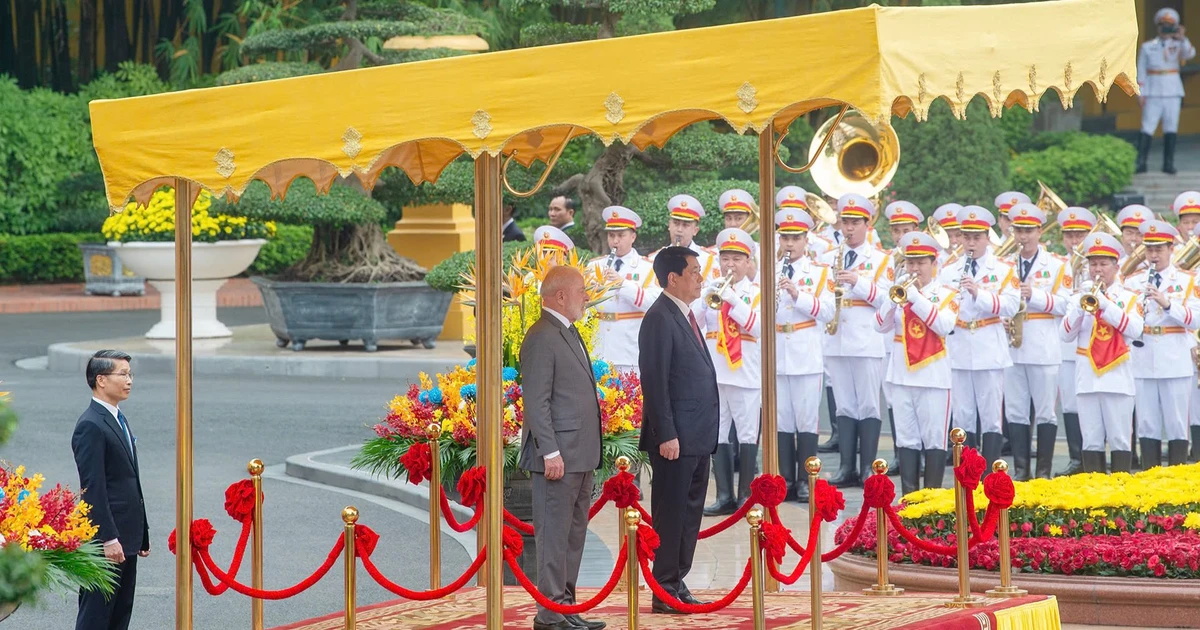
![[Photo] General Secretary To Lam receives Brazilian President Luiz Inácio Lula da Silva](https://vstatic.vietnam.vn/vietnam/resource/IMAGE/2025/3/28/7063dab9a0534269815360df80a9179e)
![[Photo] Admiring orange cotton flowers on the first "Vietnam heritage tree" in Quang Binh](https://vstatic.vietnam.vn/vietnam/resource/IMAGE/2025/3/28/7476a484f3394c328be4ac8f9c86278f)

![[Photo] Vietnam and Brazil sign cooperation agreements in many important fields](https://vstatic.vietnam.vn/vietnam/resource/IMAGE/2025/3/28/a5603b27b5a54c00b9fdfca46720b47e)

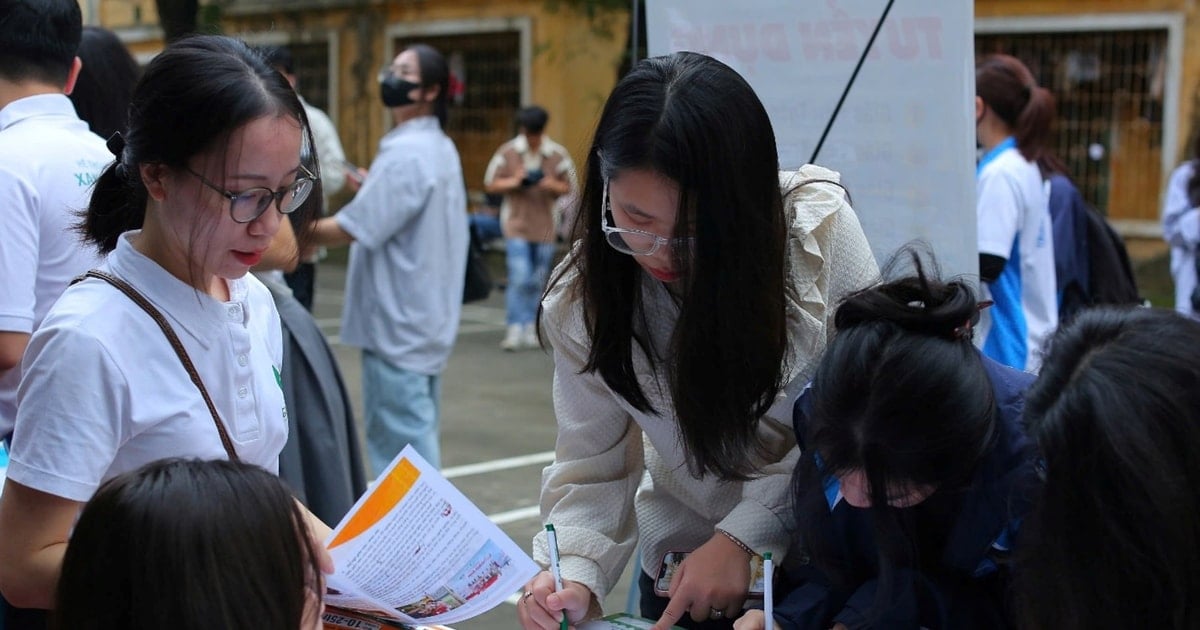

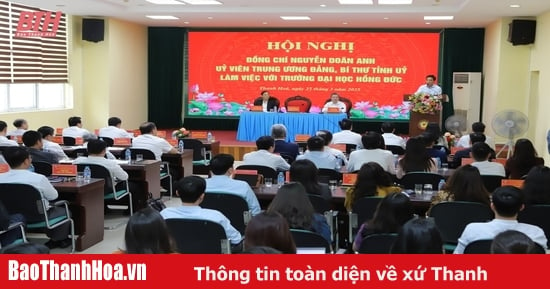

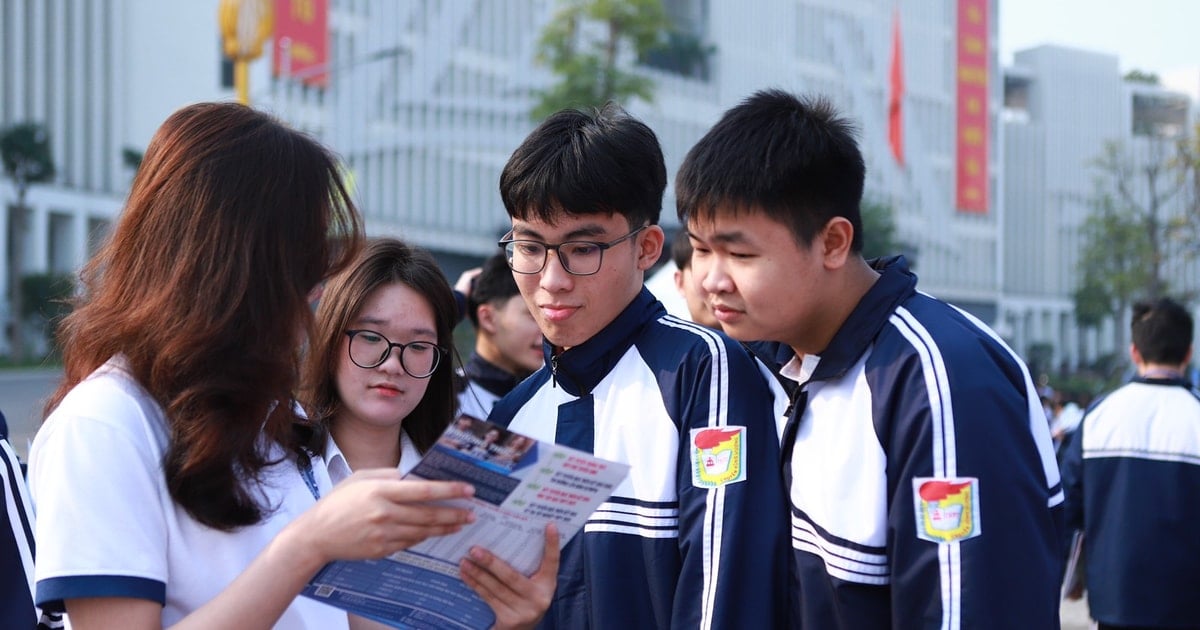


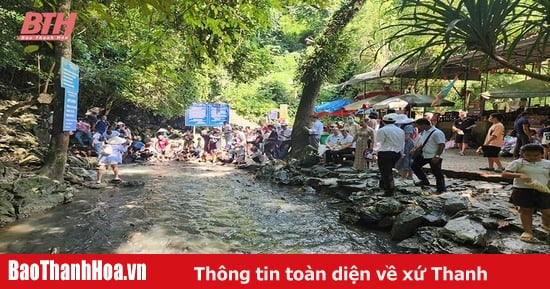

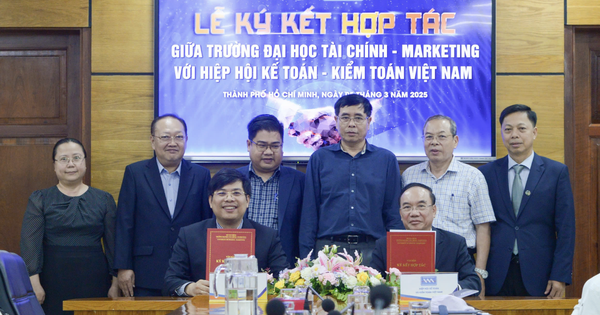


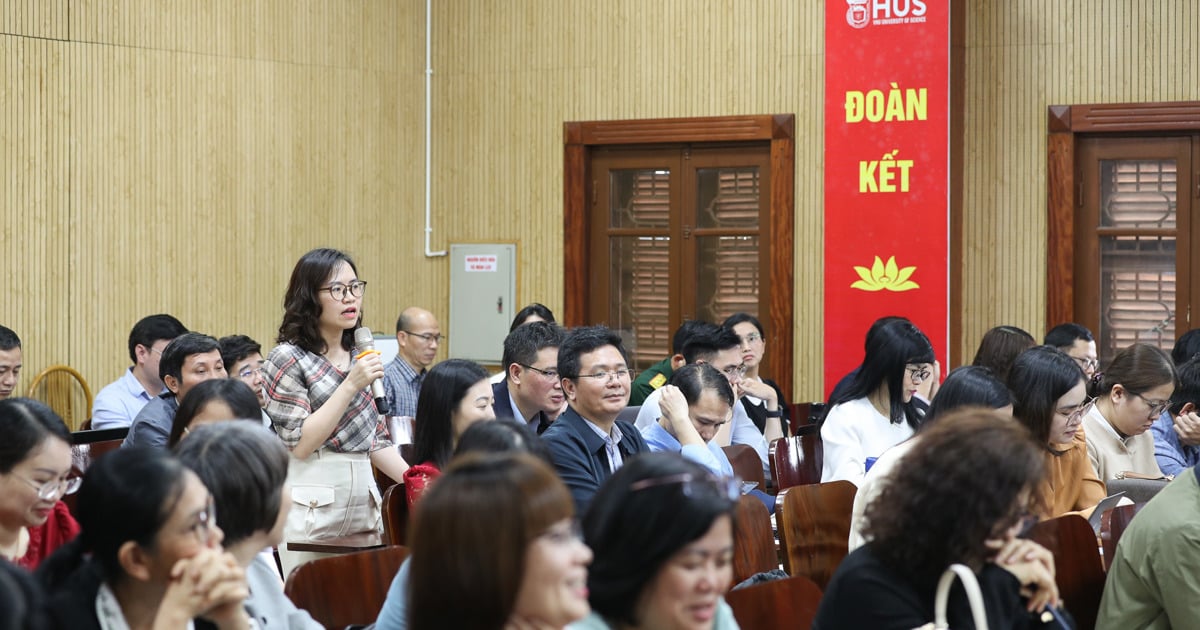
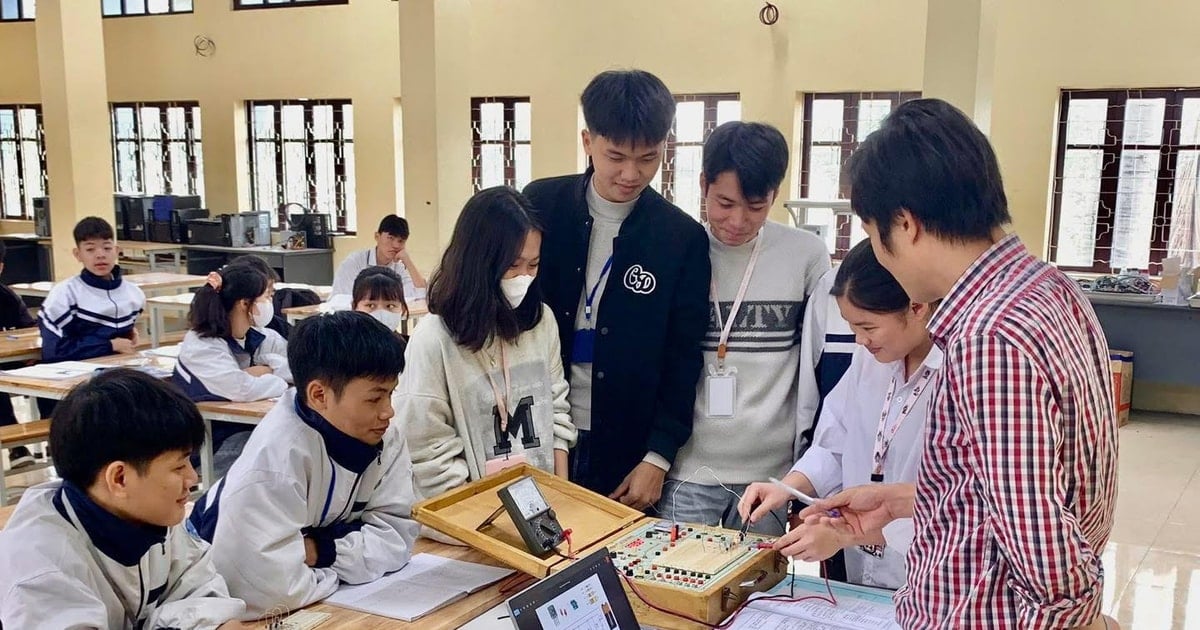
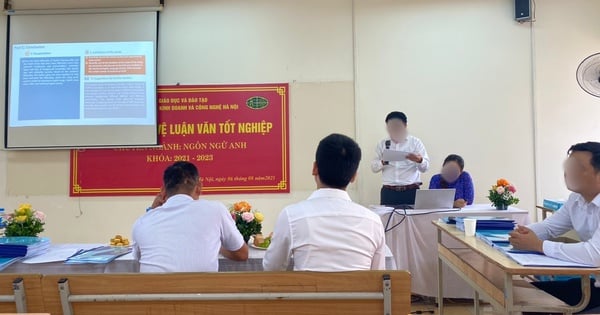







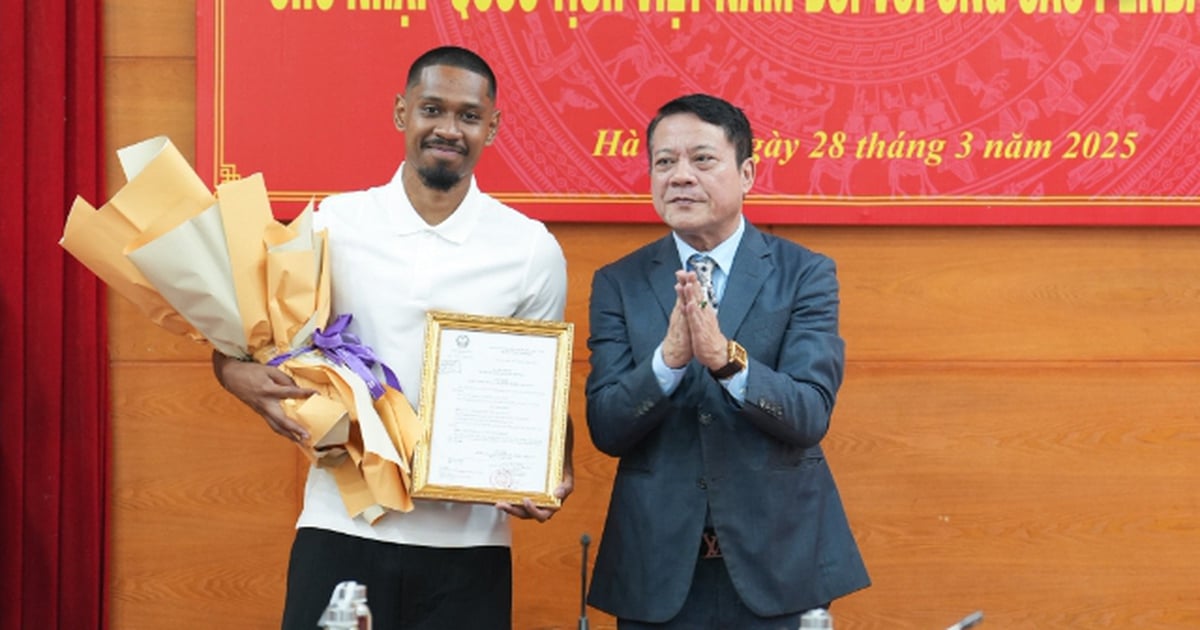
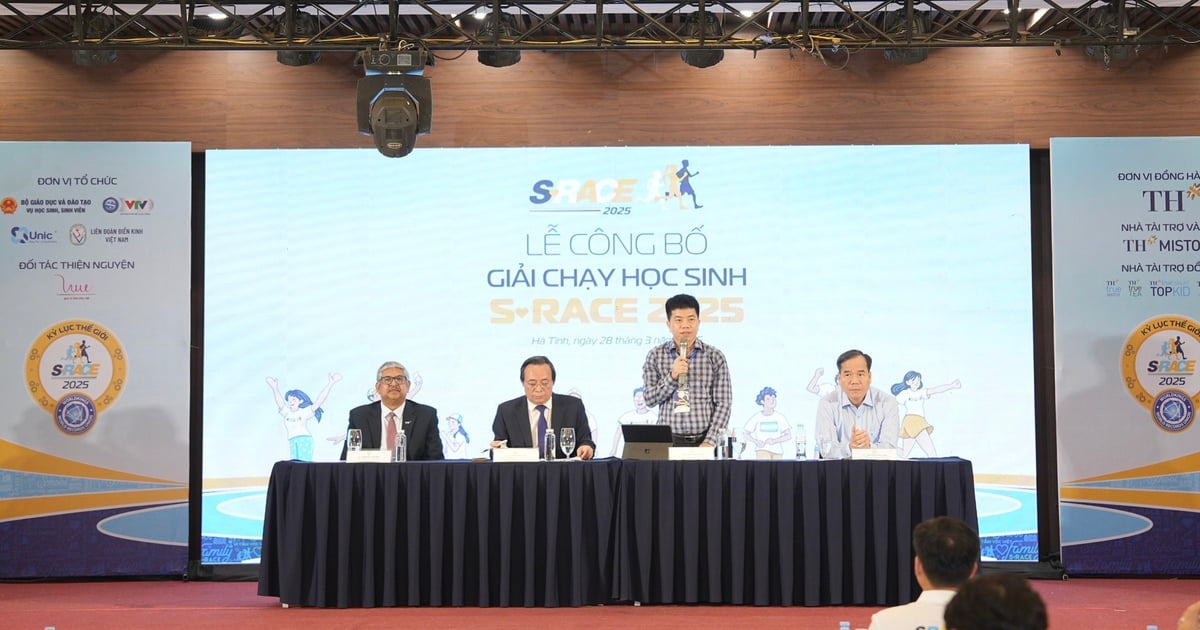


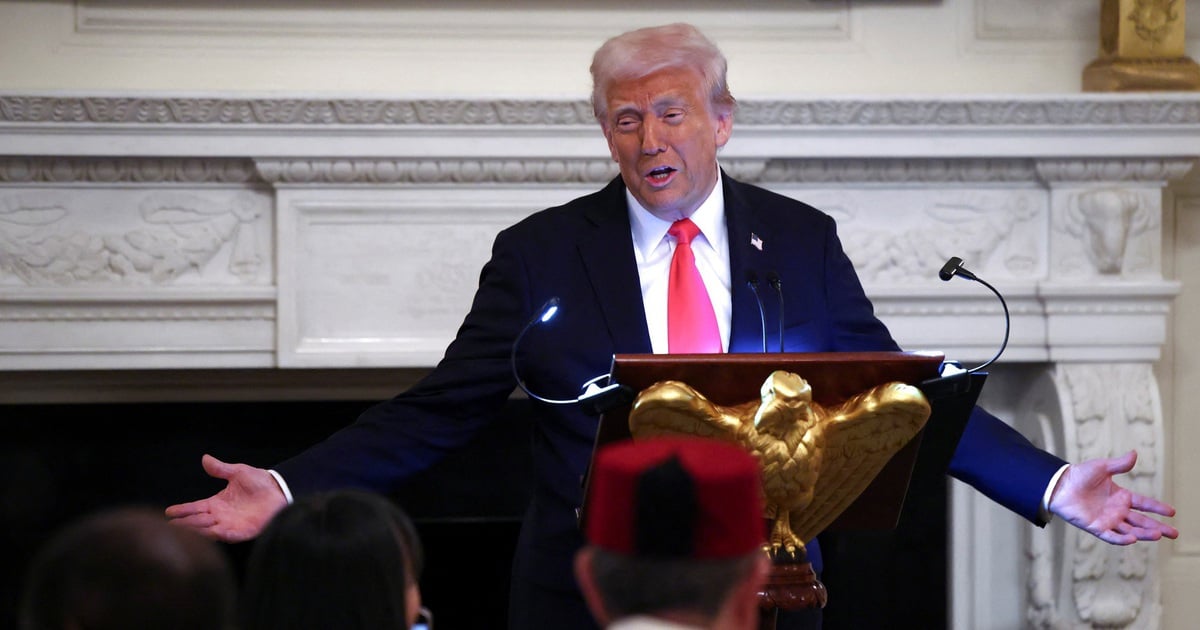









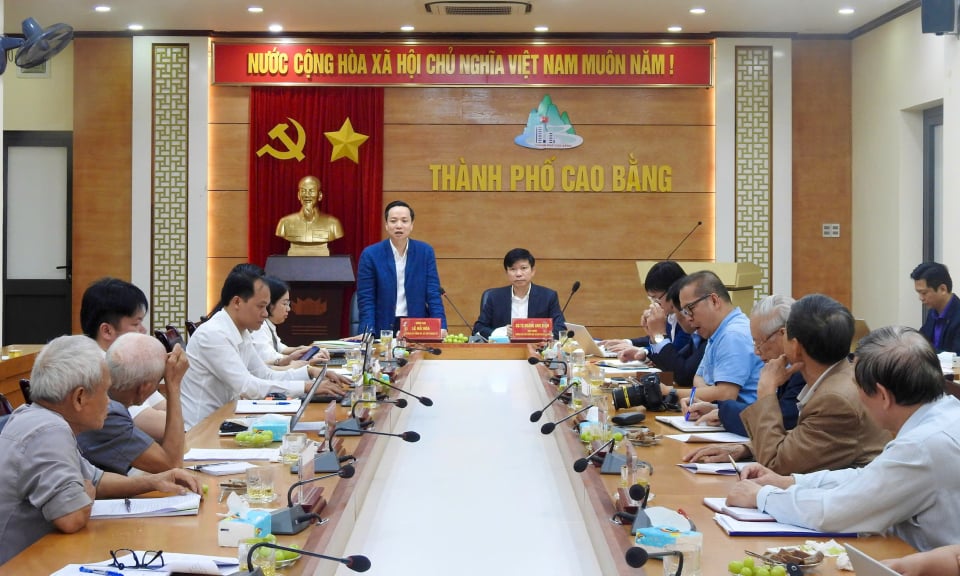



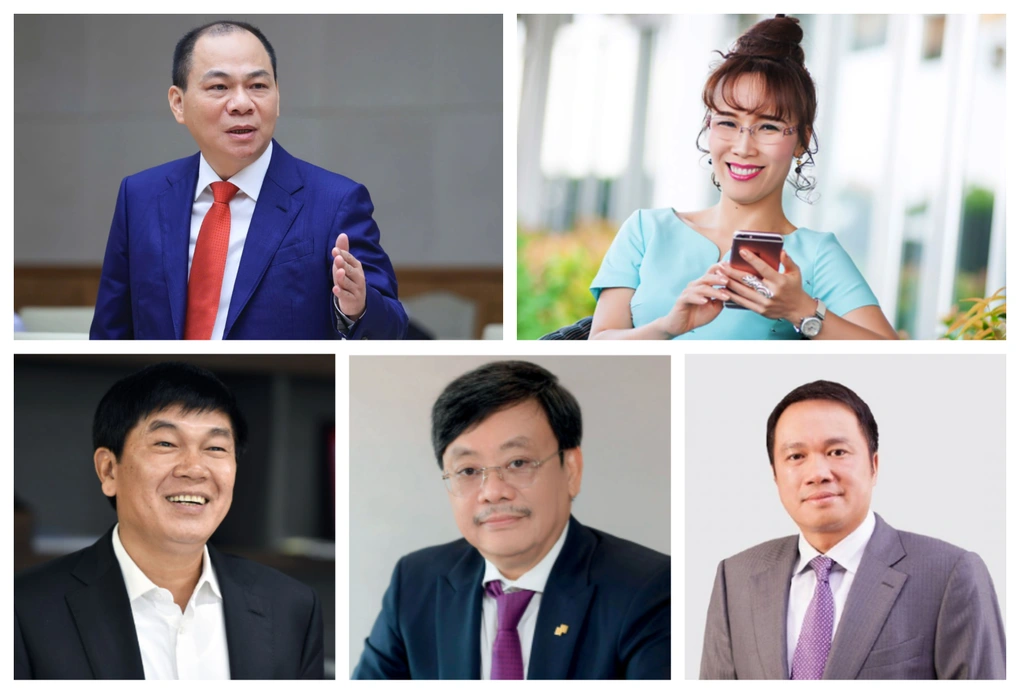
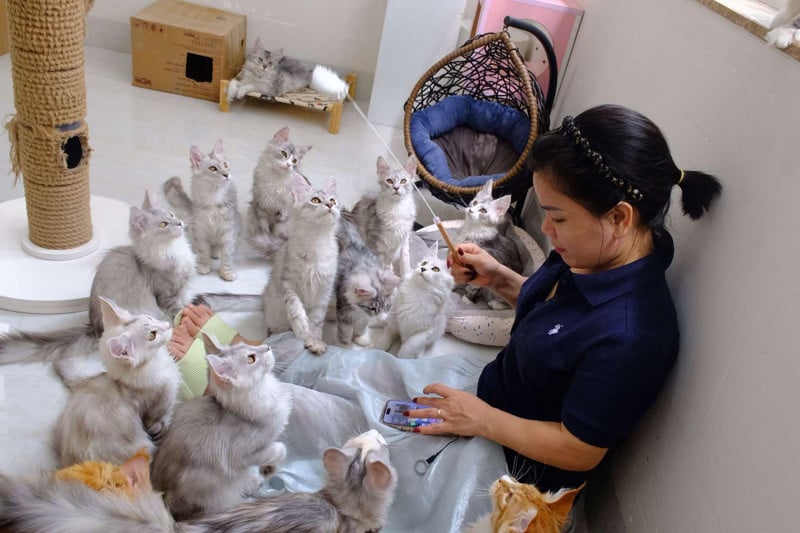

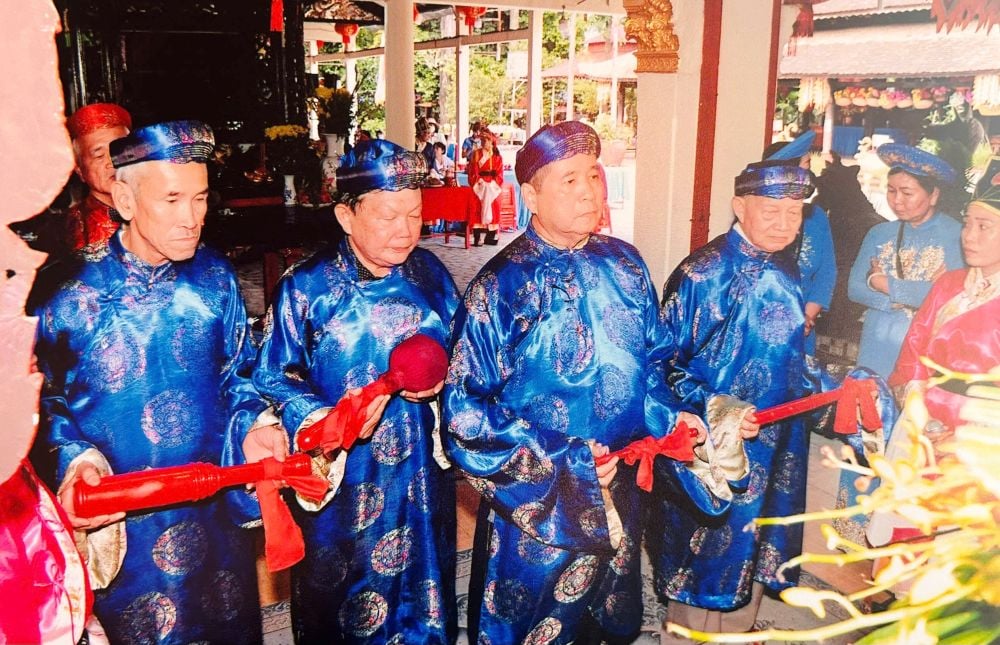

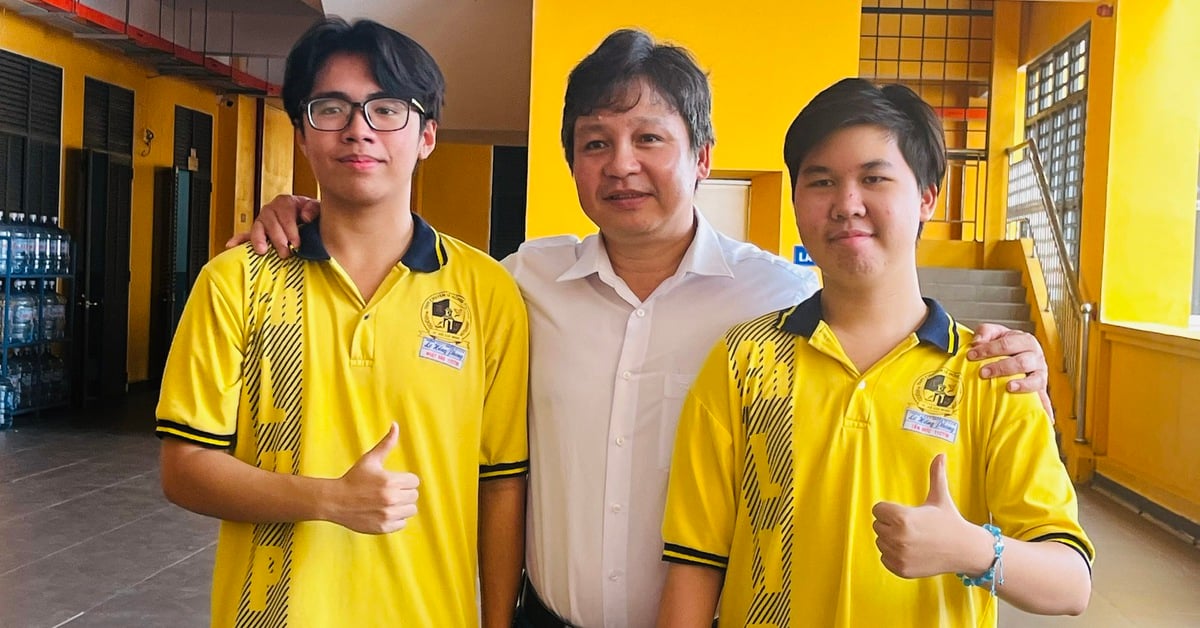

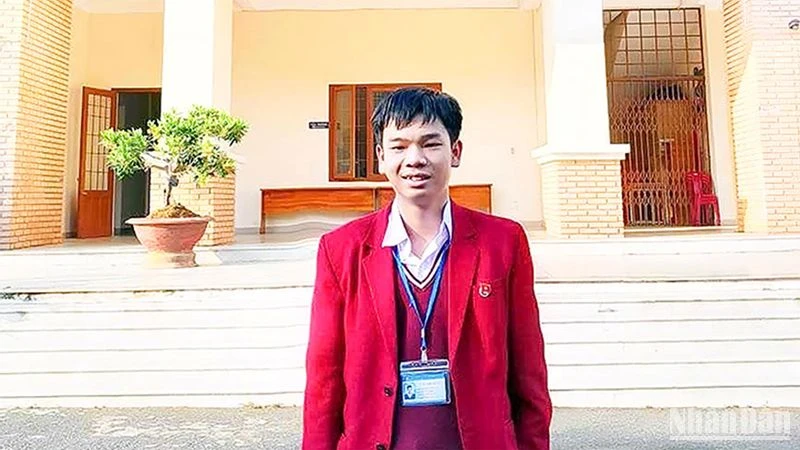






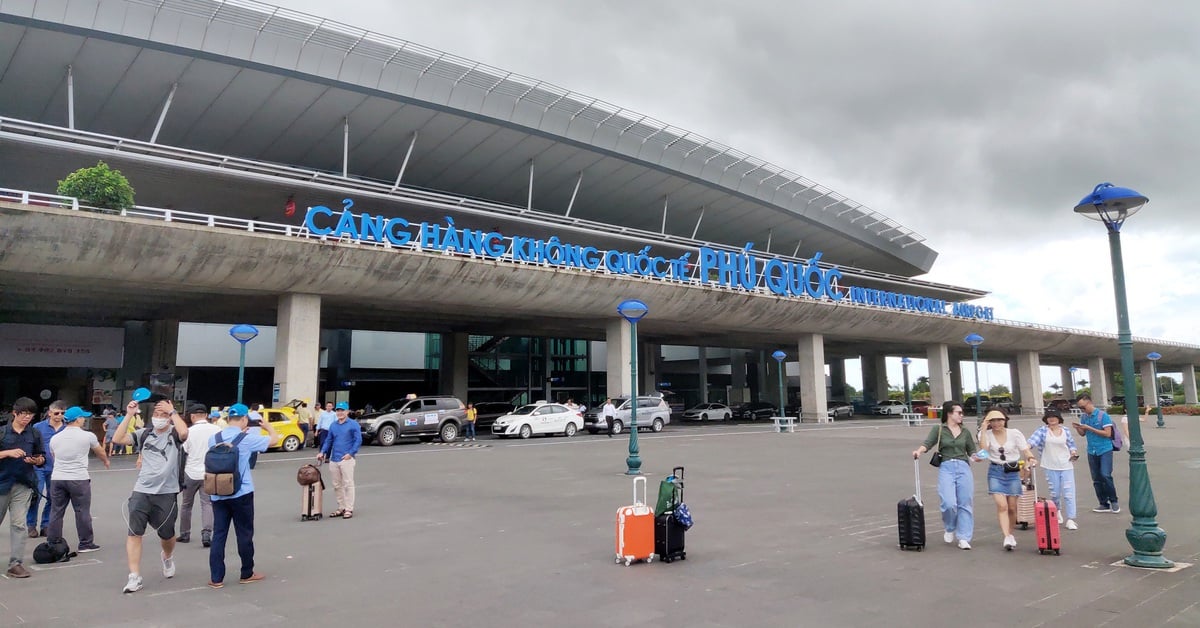
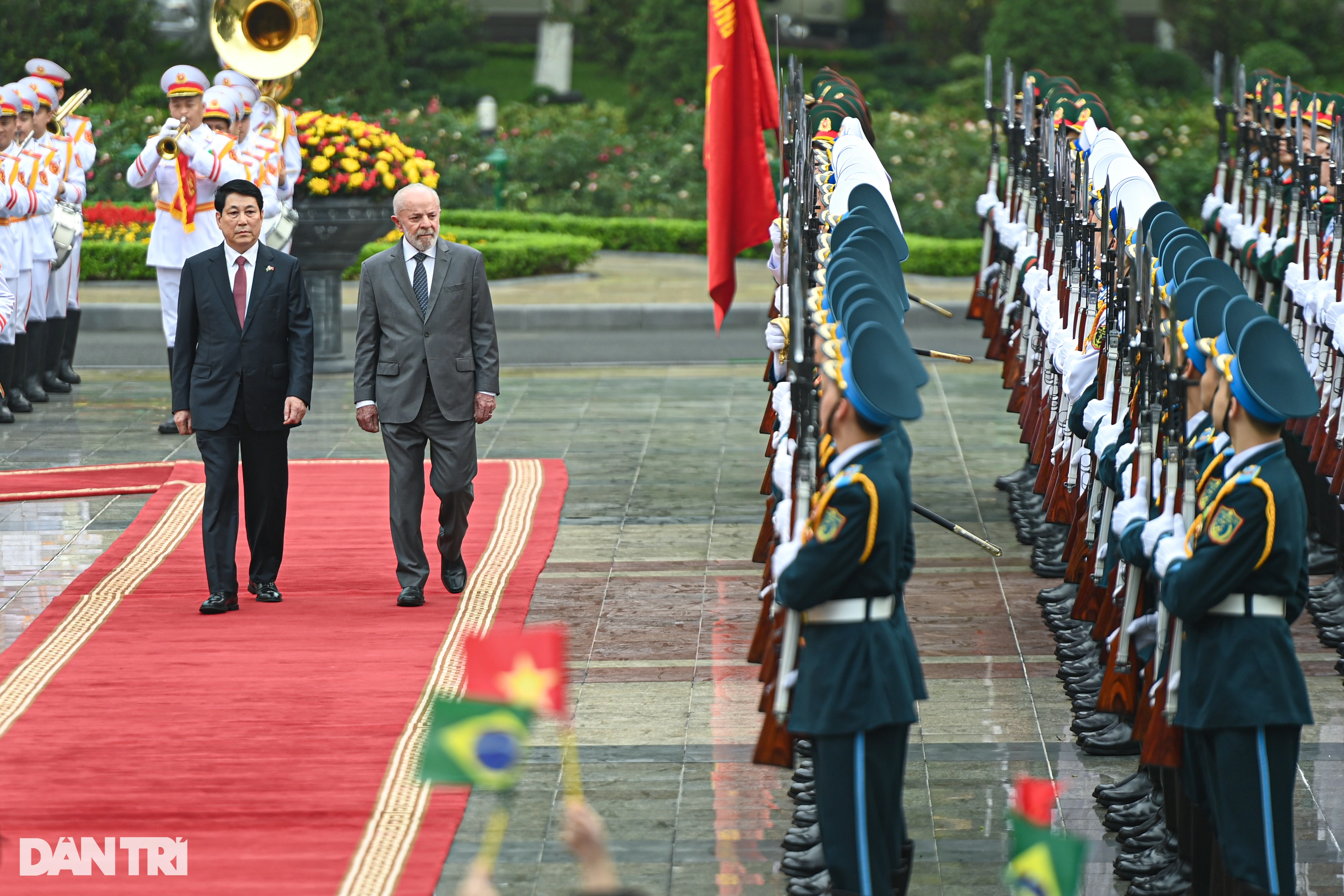







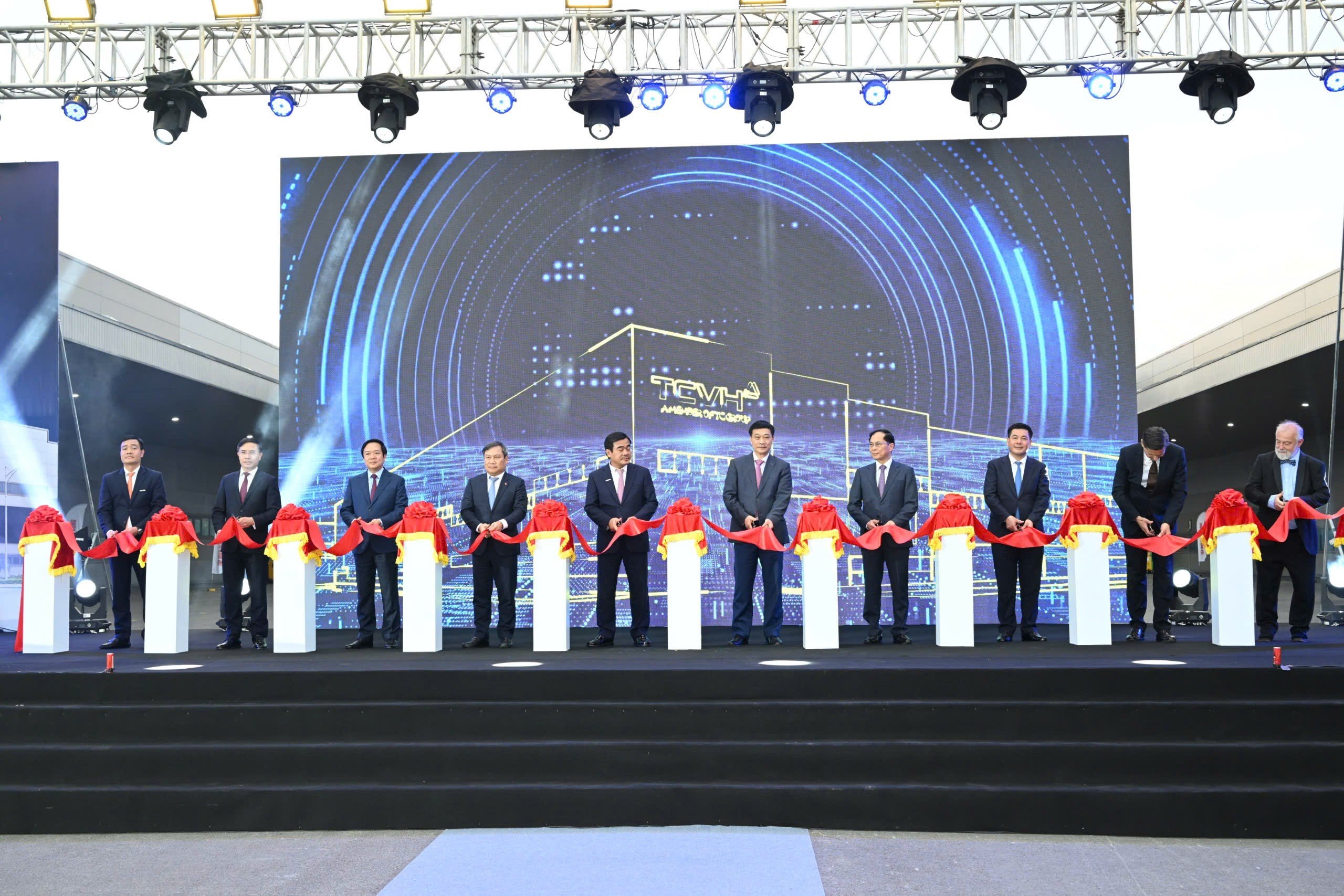

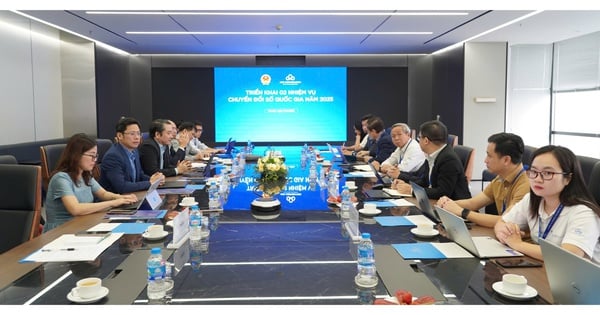

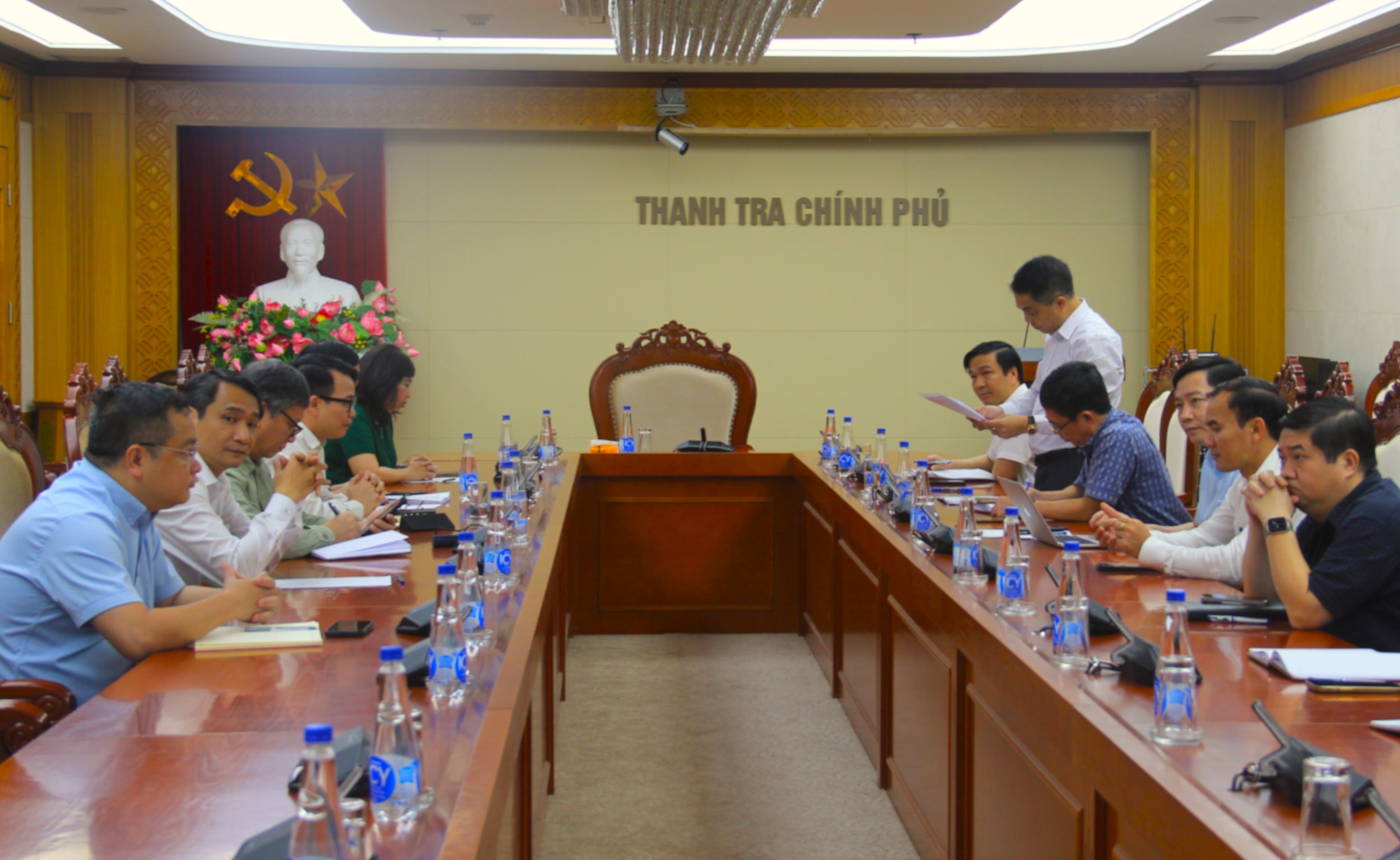

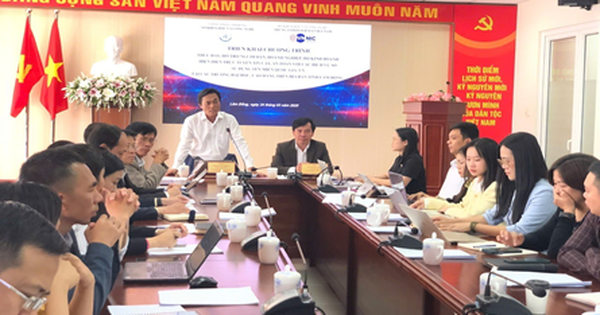


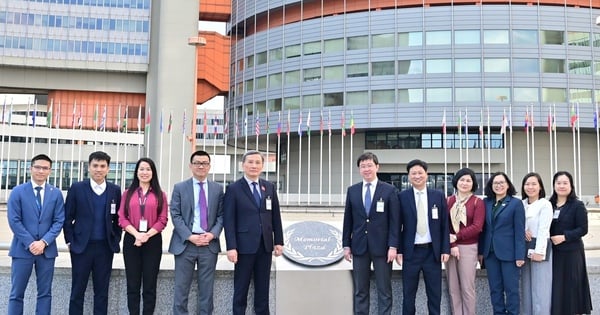


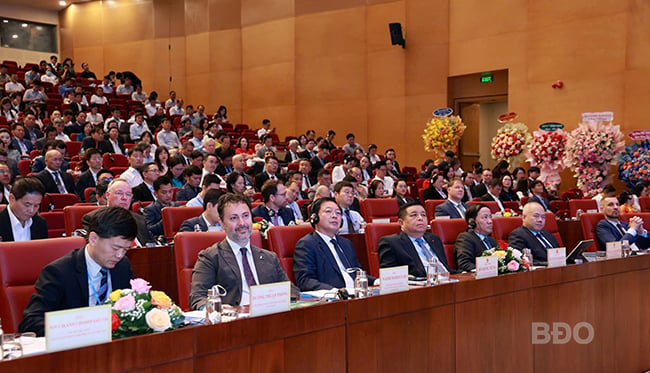
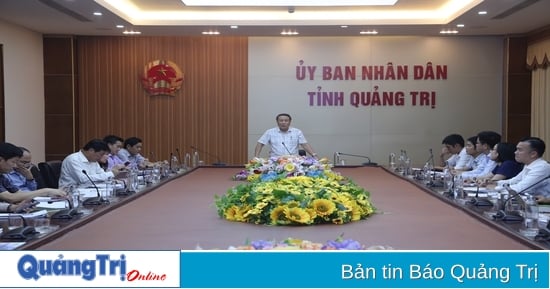
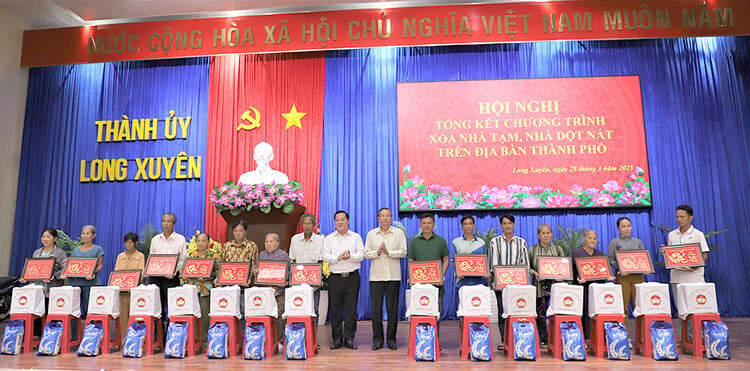
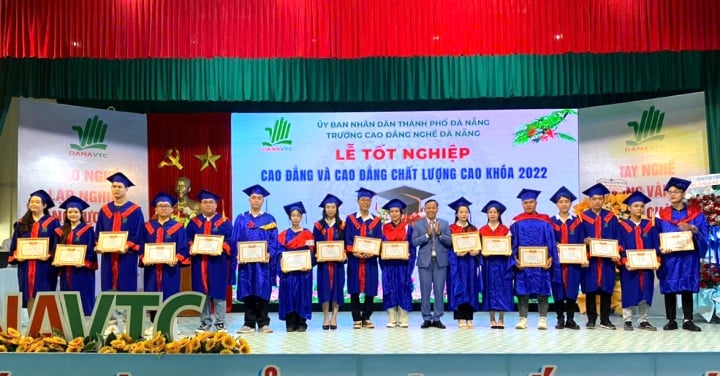
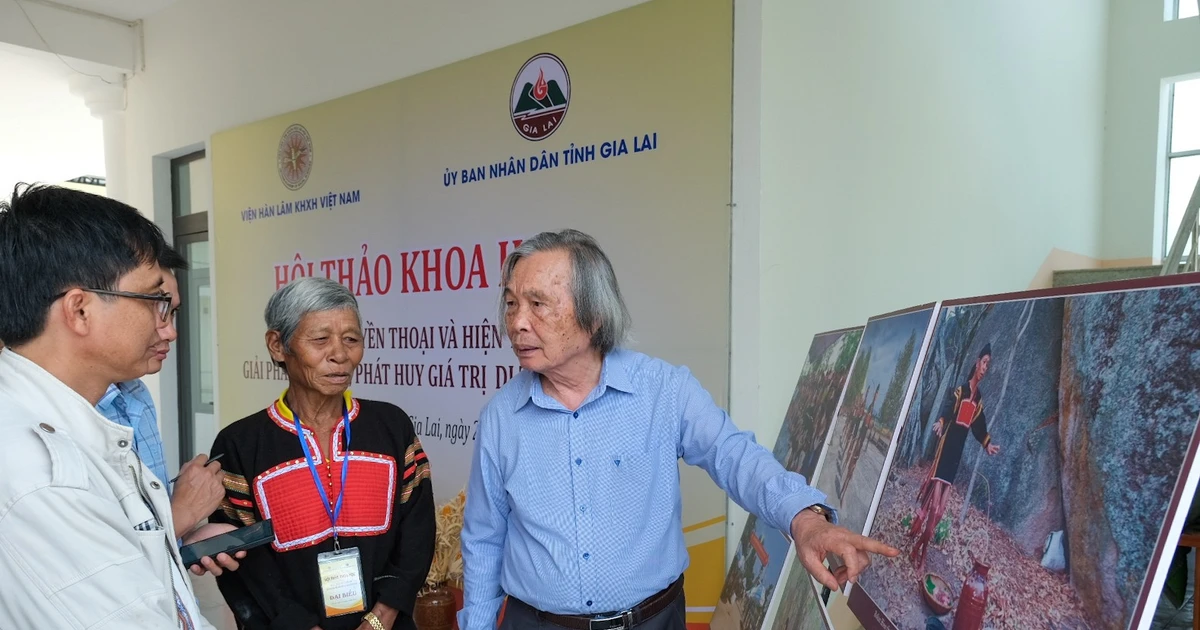



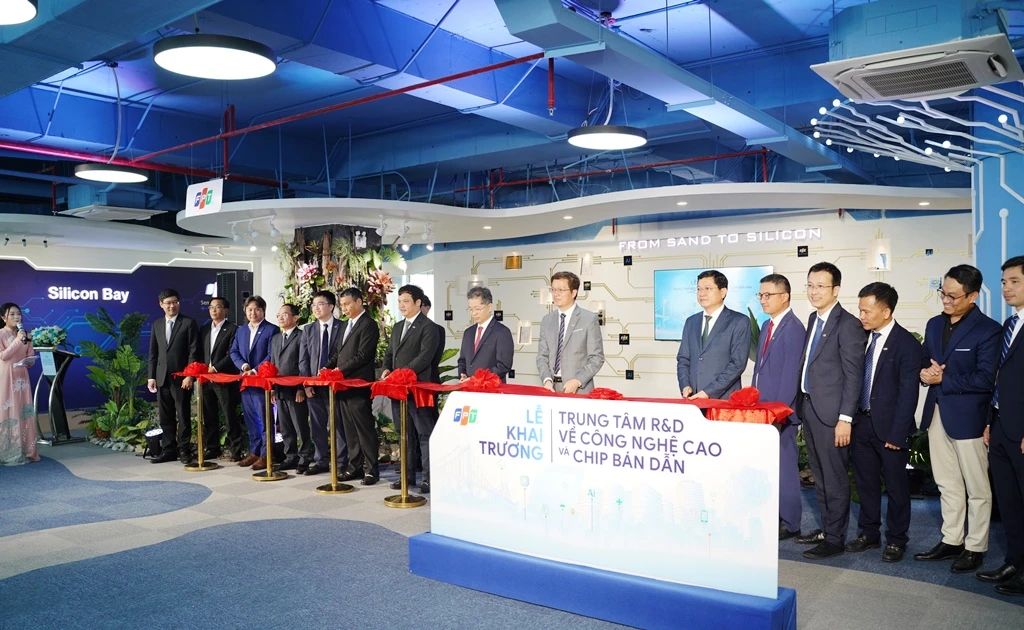
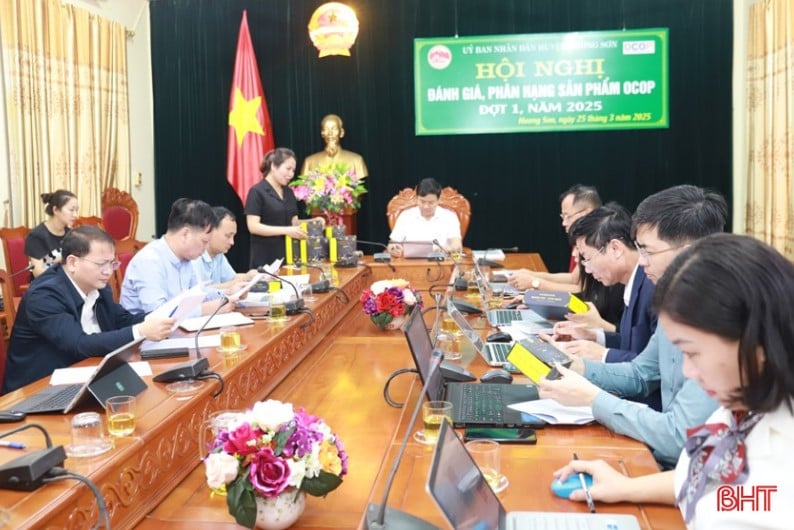




Comment (0)